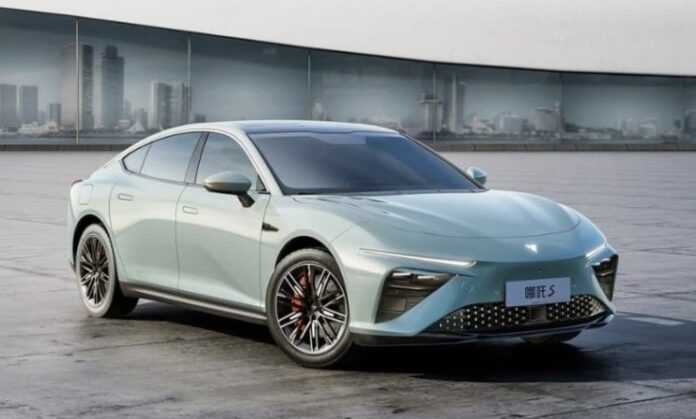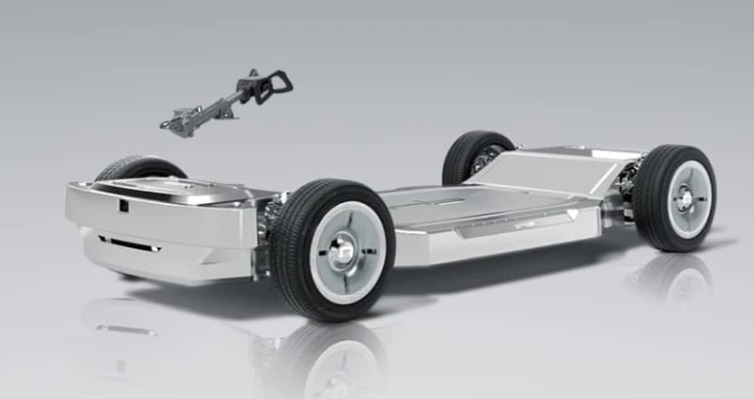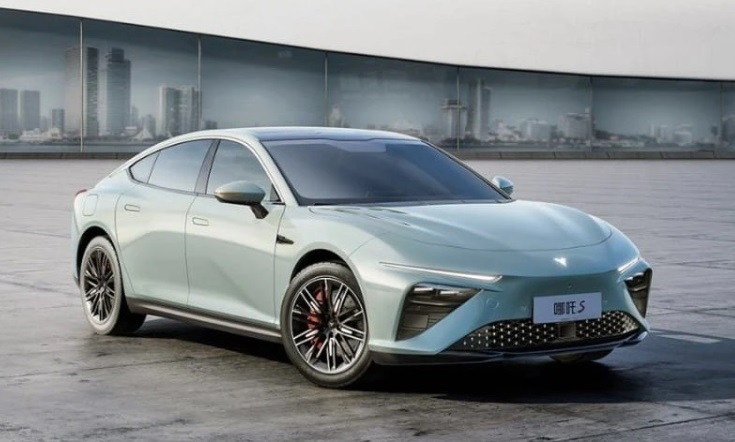Recently, a Chinese car brand called CALT has researched and developed an integrated smart chassis platform named CATL (also known as CIIC sliding board).
CALT has successfully tested this new platform on the Neta electric car, enabling the car to achieve a range of up to 1,000 km, a consumption rate of 10.5 kWh/100 km, and the ability to travel 300 km after a 5-minute charge. Under harsh weather conditions of -7 degrees Celsius, the operating range may be reduced by 30%.
It is known that this new sliding board chassis will integrate the battery, electric motor, and other important components into a single platform, serving as the foundation for electric cars. This helps reduce vehicle weight, save production costs, reduce energy consumption, and increase cabin space.
Earlier this year, Hozon Auto, a Chinese electric car company and the owner of the Neta brand, officially signed an agreement to become CATL’s first partner in using the new sliding board chassis.
The two sides have collaborated in the research and development of new products and announced that the first CIIC-based car will be released in the third quarter of 2024.
On November 30, at the Dishui Lake Summit of the International Auto Conference, a representative from CATL announced that they have made a breakthrough in the development of CIIC.
The company has completed winter tests in Harbin, northern China, and summer tests in Turpan. CATL also stated that cars using the new chassis will start production in the third quarter of 2024.
TH (Tuoitrethudo)

































![[CAR REVIEW] The Newly Launched BMW iX3 in Vietnam: Compact, Practical, and Expensive](https://vnauto.net/wp-content/uploads/2023/10/xehay-bmwix3-01082023-9-150x150.jpg)
![[QUICK REVIEW] VinFast VF5: Extremely Affordable, Spacious, and Well-Equipped](https://vnauto.net/wp-content/uploads/2023/10/Xehay_VF5plus_21042318-150x150.jpg)
![[CAR REVIEW] User Reviews of VinFast VF 9: Stylish, Luxurious, Smooth Ride, and Perfect for Families](https://vnauto.net/wp-content/uploads/2023/10/xehay-vinfastvf9-09092023-12-150x150.jpg)
![[CAR REVIEW] Wuling Mini EV: Affordable, Compact, Convenient, but…](https://vnauto.net/wp-content/uploads/2023/10/xehay-wulingev-16062023-8-150x150.jpg)












